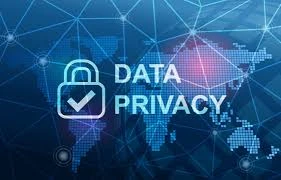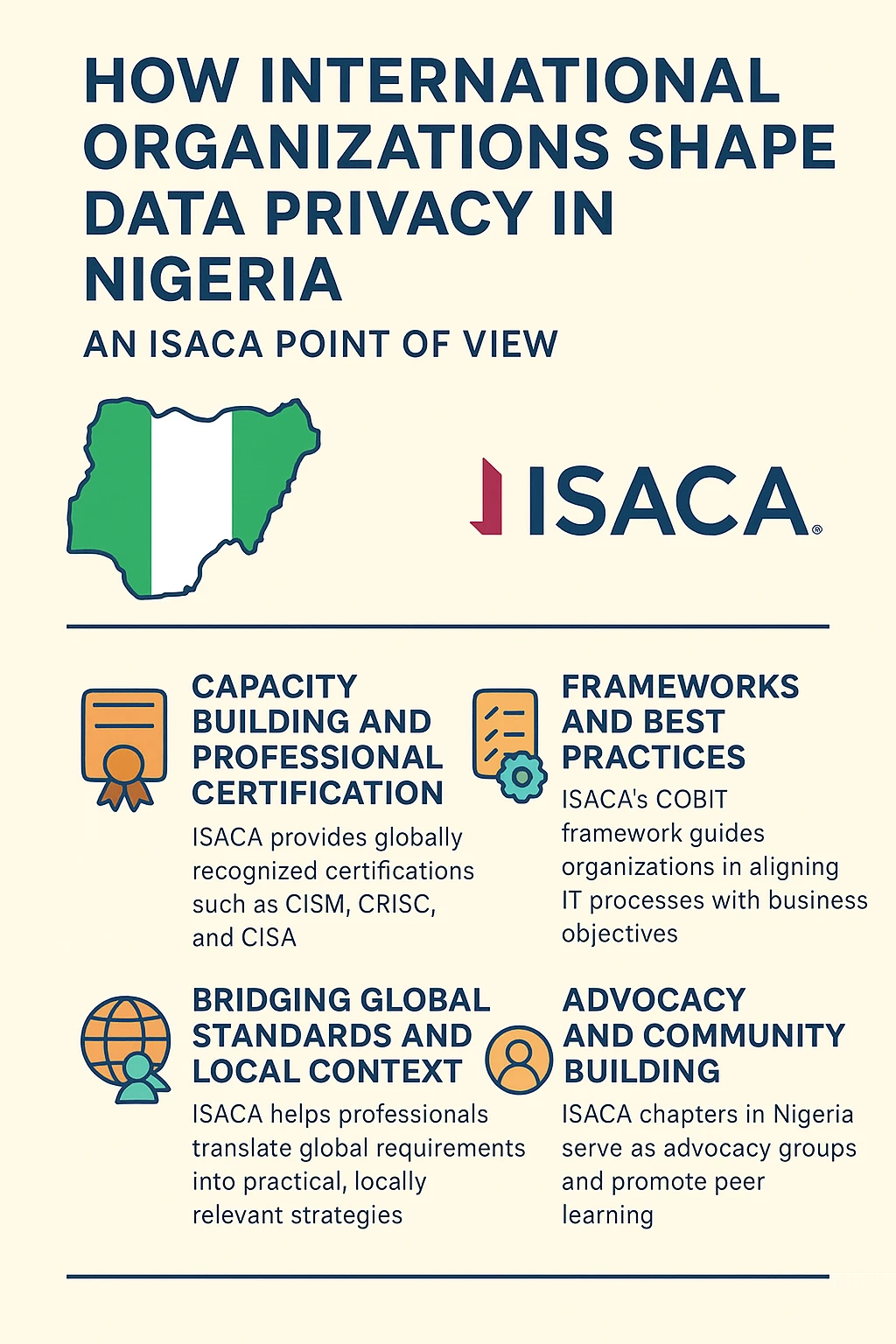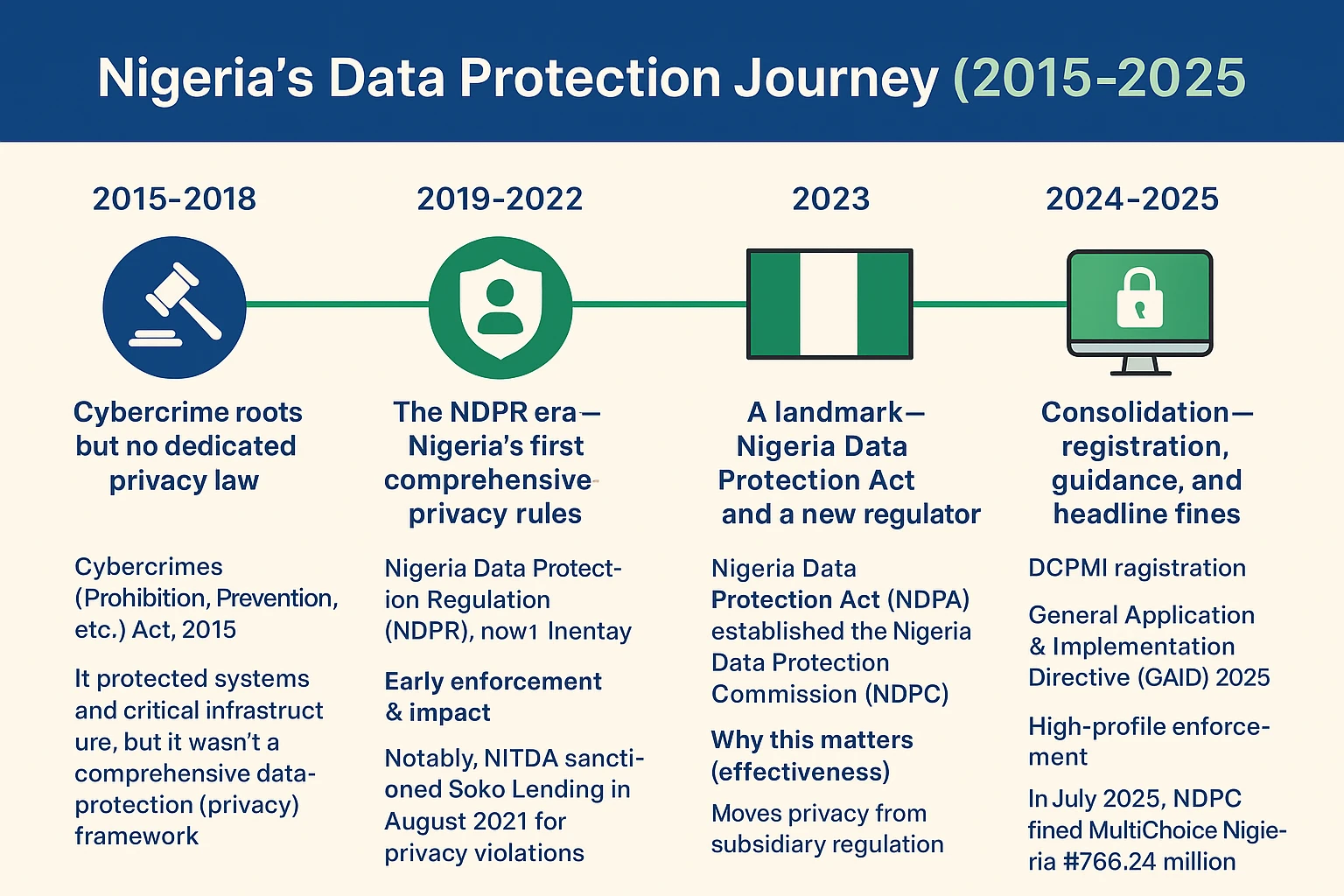In an age where personal data is constantly being collected, stored, and shared across digital platforms, data privacy has become more than just a technical concern it is a fundamental human right. Whether you’re scrolling through social media, shopping online, or using a mobile app, your personal information is being gathered and potentially exposed. But what does data privacy really mean, and why should you care?
What is Data Privacy?
Data privacy refers to the responsible handling, processing, and storage of personal information such as your name, location, medical records, bank details, or browsing history to protect it from misuse, theft, or unauthorized access. It is a critical part of cybersecurity and plays a major role in building digital trust between users and organizations.
Data privacy deal with the protection and proper handling of personal information data that can identify or be linked to an individual. This includes names, email addresses, phone numbers, identification numbers, location data, financial records, health information, and online activity. The goal of data privacy is to ensure that individuals have control over how their personal data is collected, used, shared, and stored.
Organizations that process personal data must adopt policies and technical measures to safeguard it from unauthorized access, misuse, or loss. These measures include obtaining user consent, limiting data collection to only what is necessary, securing data through encryption, and enforcing access controls. Laws like the Nigeria Data Protection Act (NDPA) 2023, the General Data Protection Regulation (GDPR) in Europe, and similar frameworks around the world set standards for how data privacy must be maintained.
Data privacy is important because it protects individuals from harm such as identity theft, financial fraud, discrimination, or unwanted surveillance. It also builds trust between individuals and organizations. When companies respect privacy rights and act transparently, they are more likely to maintain strong reputations and comply with legal requirements, avoiding costly penalties and damage to public confidence.
Why Data Privacy Matters
1. Protection from Identity Theft
Identity theft occurs when someone illegally obtains and uses another person’s personal information—such as name, bank details, National Identification Number (NIN), or login credentials—typically for financial gain or fraudulent purposes. In today’s digital age, where personal data is often stored and shared online, protecting against identity theft has become critically important.
Data privacy practices play a central role in preventing identity theft. By securing personal data through encryption, enforcing access controls, using strong authentication (e.g., two-factor authentication), and limiting who can access sensitive information, individuals and organizations can reduce the risk of data falling into the wrong hands. Compliance with data protection laws like the Nigeria Data Protection Act (NDPA) 2023 also ensures that businesses implement responsible data handling practices, helping to protect their users from identity-related crimes.
For individuals, protecting against identity theft involves being cautious about where and how personal information is shared. This includes using strong passwords, avoiding suspicious links or emails (phishing), regularly monitoring bank and online accounts, and reporting suspicious activity immediately. When both organizations and individuals take proactive steps to safeguard personal data, the chances of identity theft are greatly minimized.
2. Preserving Personal Freedom and Autonomy
Data privacy is fundamental to protecting personal freedom and autonomy in the digital world. When individuals have control over their personal information, they can make informed choices about what to share, with whom, and for what purpose. This freedom to decide how one’s data is used safeguards people from unwanted surveillance, manipulation, or discrimination based on their identity, preferences, or behavior.
Without strong data privacy protections, individuals may be subjected to profiling, targeted misinformation, or behavioral tracking without their consent. This can influence decisions such as what job opportunities they see, what news they receive, or even how they're treated by service providers. Such practices erode trust and infringe on the right to live without undue interference or judgment.
By upholding data privacy, governments and organizations help preserve digital dignity—ensuring that people retain control over their identity, choices, and interactions. It empowers individuals to engage online without fear, promotes transparency, and supports democratic values where citizens can freely express themselves, access information, and participate in society without being unfairly monitored or judged.
3. Legal and Regulatory Compliance
Legal and regulatory compliance in data privacy means that individuals, businesses, and organizations must follow established laws and frameworks that govern how personal data is collected, stored, processed, and shared. In Nigeria, the Nigeria Data Protection Act (NDPA) 2023 sets out clear responsibilities for data controllers and processors to ensure the rights of data subjects are protected. This includes obtaining consent, ensuring data security, reporting breaches, and allowing individuals to access or delete their information.
Compliance is not only a legal obligation but also a critical part of responsible business practice. Organizations that fail to comply with data protection laws can face serious consequences—such as heavy fines, legal action, loss of licenses, and reputational damage. For instance, under the NDPA, non-compliant entities may be fined up to ₦10 million or 2% of their global annual turnover, whichever is higher. These penalties are designed to ensure that organizations treat personal data with the care and respect it deserves.
Adhering to data privacy regulations also builds public trust. When individuals know that their information is being handled according to legal standards, they are more likely to engage with businesses and share their data. Legal compliance, therefore, not only avoids penalties but also enhances transparency, accountability, and credibility in both public and private sector operations.
4. Trust and Reputation
Trust and reputation are essential assets for any organization, and data privacy plays a key role in maintaining both. When customers, clients, or users share their personal information, they do so with the expectation that it will be handled responsibly and kept secure. If an organization fails to protect that data, it risks losing the confidence of its audience sometimes permanently.
A strong commitment to data privacy shows that an organization values transparency, accountability, and ethical standards. By implementing clear privacy policies, securing personal data with robust technologies, and complying with data protection laws like Nigeria’s NDPA 2023, businesses demonstrate that they take users’ rights seriously. This builds a reputation of reliability and integrity, which can give a competitive edge in today’s data-driven economy.
On the other hand, a single data breach or misuse of information can significantly damage public perception. News of privacy violations spreads quickly, and recovering from reputational harm can take years. Therefore, prioritizing data privacy isn’t just about compliance it’s a strategic investment in long-term trust, customer loyalty, and sustainable business growth.
5. Reducing the Risk of Data Breaches
Data breaches occur when sensitive personal or organizational information is accessed, disclosed, or stolen without authorization. These breaches can lead to serious consequences, including identity theft, financial loss, legal penalties, and reputational damage. Reducing the risk of such incidents is a critical reason why data privacy practices must be prioritized by all organizations, regardless of size.
Implementing strong data privacy measures—such as encryption, access controls, multi-factor authentication, secure data storage, and regular audits—organizations can significantly minimize vulnerabilities. These technical and organizational safeguards act as barriers against cyberattacks, human errors, and insider threats. Regular training of staff also plays a vital role in preventing breaches caused by phishing or carelessness.
Furthermore, compliance with regulations like the Nigeria Data Protection Act (NDPA) 2023 requires organizations to establish security protocols that detect, prevent, and respond to data breaches. When privacy is embedded into the design of systems and processes (known as “privacy by design”), the likelihood of unauthorized access or leaks is greatly reduced. In essence, prioritizing data privacy is a proactive strategy that strengthens digital resilience and protects both users and the organization.
Everyday Examples of Data Privacy in Action
· Enabling two-factor authentication on your accounts
· Avoiding public Wi-Fi for financial transactions
· Reading privacy policies before agreeing to share your data
· Organizations encrypting data and limiting employee access to sensitive files
The Role of Individuals and Organizations
Everyone has a role to play in protecting data privacy:
In an era where digital transformation defines both personal and corporate life, data privacy has become a cornerstone of ethical responsibility and operational integrity. Whether it is a social media profile, customer database, or healthcare record, personal data is constantly being collected, shared, and stored. The growing reliance on digital systems places a dual responsibility on individuals and organizations to safeguard sensitive information. Understanding and fulfilling these responsibilities is key to maintaining trust, complying with data protection regulations, and preventing data breaches.
The Individual’s Role in Data Privacy
Every individual is both a data subject and, at times, a data handler. As data subjects, individuals must become proactive in protecting their personal information. This includes using strong, unique passwords, enabling two-factor authentication, being cautious with sharing personal details online, and regularly reviewing privacy settings on apps and websites. Individuals should also stay informed about their data rights under data protection laws like the Nigeria Data Protection Act (NDPA), the EU’s General Data Protection Regulation (GDPR), or similar local frameworks.
Additionally, in professional environments, individuals who handle data must understand their responsibilities. This means avoiding the unauthorized disclosure of personal data, ensuring accuracy and confidentiality, and reporting data breaches when they occur. Personal accountability is essential in promoting a culture of privacy and trust.
Organizational Responsibilities in Data Privacy
Organizations, whether private or public, bear a greater legal and ethical obligation to protect the data they collect, store, and process. This includes deploying robust data governance structures, investing in cybersecurity measures, and training employees on data protection policies and best practices. Under legal frameworks like the NDPA, organizations are required to implement adequate technical and organizational measures—such as encryption, access controls, and regular audits—to prevent unauthorized access or disclosure of personal data.
Furthermore, organizations must practice data minimization, only collecting data necessary for their operations, and ensuring transparency in how data is used. They are also expected to appoint Data Protection Officers (DPOs), conduct Data Protection Impact Assessments (DPIAs), and maintain clear procedures for responding to data subject access requests and breach notifications.
Collaboration and Ethical Leadership
Both individuals and organizations must embrace a shared sense of responsibility. For instance, companies can empower individuals through privacy-by-design principles, clear privacy policies, and user-friendly consent options. At the same time, individuals should hold organizations accountable by asking questions and exercising their rights. Leadership within organizations must also go beyond compliance—cultivating an internal culture where data ethics, transparency, and user trust are seen as competitive advantages.
Conclusion
Data privacy is not the sole responsibility of data controllers or cybersecurity professionals; it is a collective effort that begins with awareness and ends with action. Individuals must protect their own data while demanding greater transparency and accountability from organizations. Meanwhile, organizations must not only comply with the law but lead with integrity by embedding privacy into every aspect of their operations. Only through this synergy can we create a digital ecosystem where trust, security, and innovation flourish together.
In our connected world, data is as valuable as money and just as vulnerable. Data privacy is not just a tech issue; it’s a social, ethical, and legal priority. Taking active steps to protect it, we can ensure a safer digital future for all.
Let’s stay safe. Let’s stay private.




Comments: